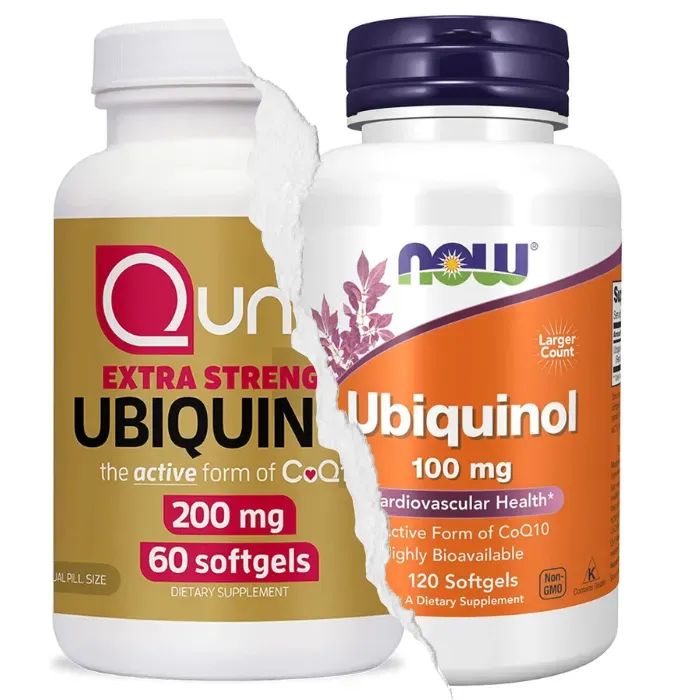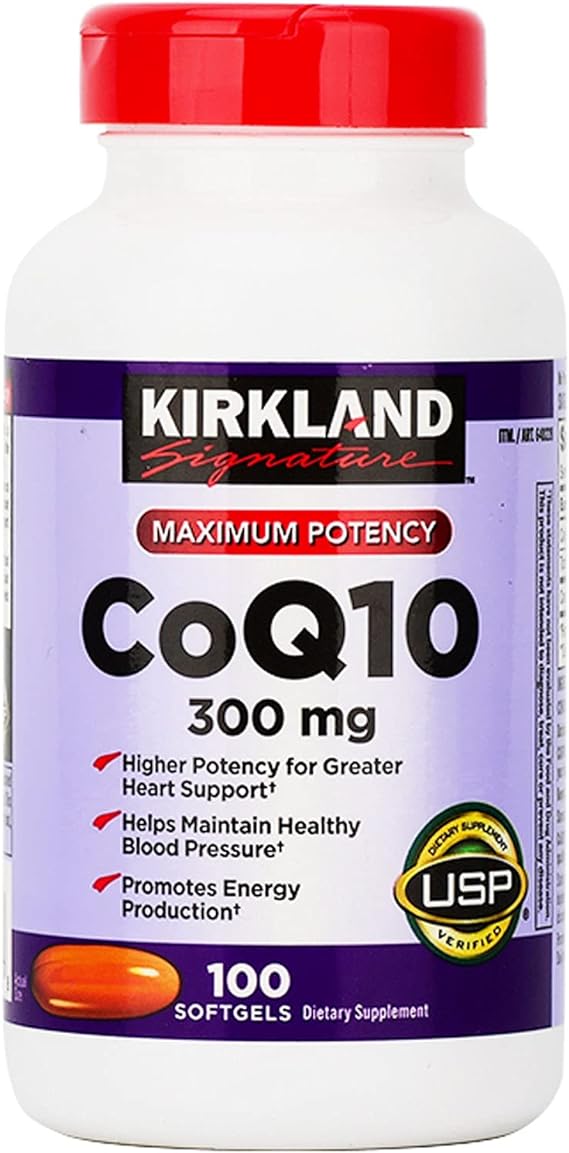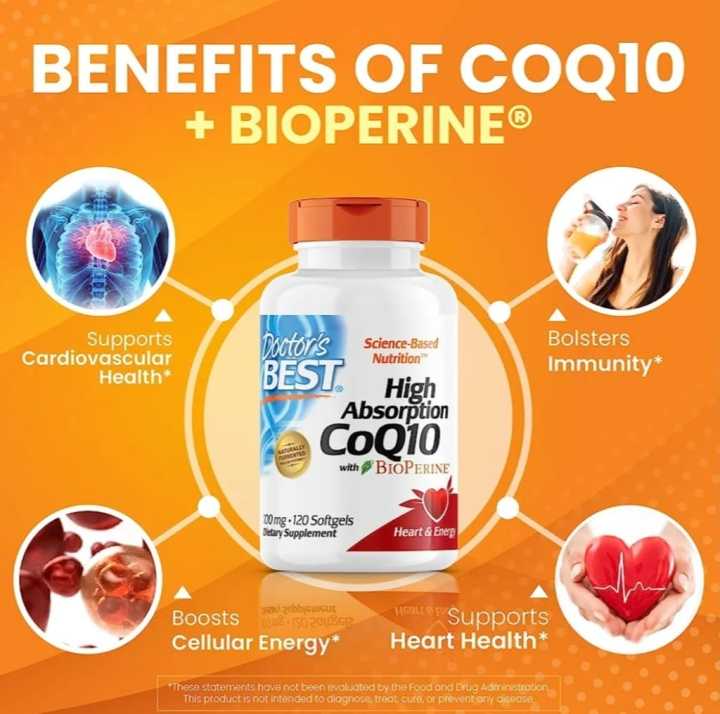What Is The Best Coq10 Brand
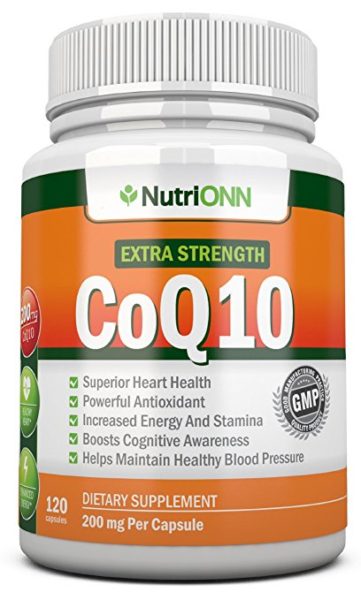
The quest for optimal health often leads individuals down a rabbit hole of supplements, each promising a unique set of benefits. Amongst them, Coenzyme Q10, more commonly known as CoQ10, stands out as a powerful antioxidant and essential component in cellular energy production. But with a market flooded with brands, navigating the options to find the "best" CoQ10 becomes a daunting task, leaving consumers questioning quality, efficacy, and ultimately, value.
This article delves into the complexities of the CoQ10 supplement landscape, exploring key factors that differentiate brands, examining scientific evidence supporting its use, and offering practical guidance for consumers seeking a reliable and effective product. We will analyze different forms of CoQ10, bioavailability considerations, third-party certifications, and potential interactions, empowering readers to make informed decisions about their health.
Understanding CoQ10: Ubiquinol vs. Ubiquinone
CoQ10 exists in two primary forms: ubiquinone and ubiquinol. Ubiquinone is the oxidized form, while ubiquinol is the reduced, antioxidant form. Ubiquinol is generally considered the more readily absorbable form, particularly for older adults, as the body converts ubiquinone to ubiquinol.
A study published in the Journal of the American College of Nutrition highlighted the improved bioavailability of ubiquinol over ubiquinone in older individuals. This suggests that for individuals over 40, ubiquinol may be a more effective option for increasing CoQ10 levels.
Factors to Consider When Choosing a Brand
Several factors influence the quality and effectiveness of CoQ10 supplements. These include the form of CoQ10, dosage, bioavailability, manufacturing processes, and third-party certifications.
Bioavailability and Absorption
The body's ability to absorb and utilize CoQ10 is crucial. Some brands employ strategies to enhance bioavailability, such as using lipid-soluble formulations or incorporating ingredients like piperine (black pepper extract) known to improve absorption.
Look for brands that utilize patented or clinically studied delivery systems, as this suggests a commitment to scientific validation of their product's absorbability. Information regarding bioavailability should be readily available on the product packaging or the manufacturer's website.
Third-Party Certifications
Third-party certifications provide an independent verification of a product's quality and purity. Organizations like NSF International, USP, and ConsumerLab.com test supplements to ensure they contain the ingredients listed on the label, are free from contaminants, and are manufactured according to good manufacturing practices (GMP).
Choosing a brand that has undergone third-party testing offers an added layer of assurance. These certifications can significantly reduce the risk of consuming a product that is mislabeled or contains harmful ingredients.
Dosage Recommendations
CoQ10 dosage varies depending on individual needs and health conditions. A typical daily dose ranges from 100mg to 300mg, but higher doses may be recommended for specific conditions such as heart failure or migraine prevention.
It is crucial to consult with a healthcare professional to determine the appropriate dosage for your individual circumstances. They can assess your health status and consider any potential interactions with medications you are currently taking.
Manufacturing Practices and Quality Control
Reputable brands adhere to stringent manufacturing practices and quality control measures. This includes sourcing high-quality raw materials, implementing rigorous testing protocols, and maintaining a clean and controlled production environment.
Look for brands that are transparent about their manufacturing processes and provide information about their quality control measures. This transparency can be a good indicator of a company's commitment to producing a safe and effective product.
Potential Benefits and Side Effects
CoQ10 has been studied for its potential benefits in various health conditions. These include heart health, neurological disorders, and fertility.
However, it is essential to be aware of potential side effects and interactions. Common side effects are generally mild and may include nausea, diarrhea, and headache. CoQ10 can also interact with certain medications, such as blood thinners.
Brand Comparisons: A Difficult Task
Directly comparing CoQ10 brands is challenging due to variations in formulation, bioavailability, and independent research backing specific products. No single "best" brand exists, as the ideal choice depends on individual needs and preferences.
Instead of focusing on a definitive "best" brand, prioritize evaluating products based on the factors discussed above. Consider the form of CoQ10, bioavailability enhancements, third-party certifications, and dosage recommendations.
The Future of CoQ10 Research and Development
Ongoing research continues to explore the potential benefits of CoQ10 in various areas of health. Future studies may focus on optimizing bioavailability, investigating novel delivery systems, and exploring its role in specific disease conditions.
As research progresses, expect to see more sophisticated formulations and a deeper understanding of CoQ10's mechanisms of action. This will ultimately lead to more targeted and effective applications of this important nutrient.
Conclusion: Empowering Informed Choices
Navigating the world of CoQ10 supplements requires careful consideration of various factors. By understanding the difference between ubiquinone and ubiquinol, prioritizing bioavailability, seeking third-party certifications, and consulting with a healthcare professional, consumers can make informed decisions about their health.
While the quest for the "best" brand may be elusive, focusing on quality, purity, and individual needs will ultimately lead to the most effective and beneficial outcome. Remember to always discuss supplementation with your doctor.
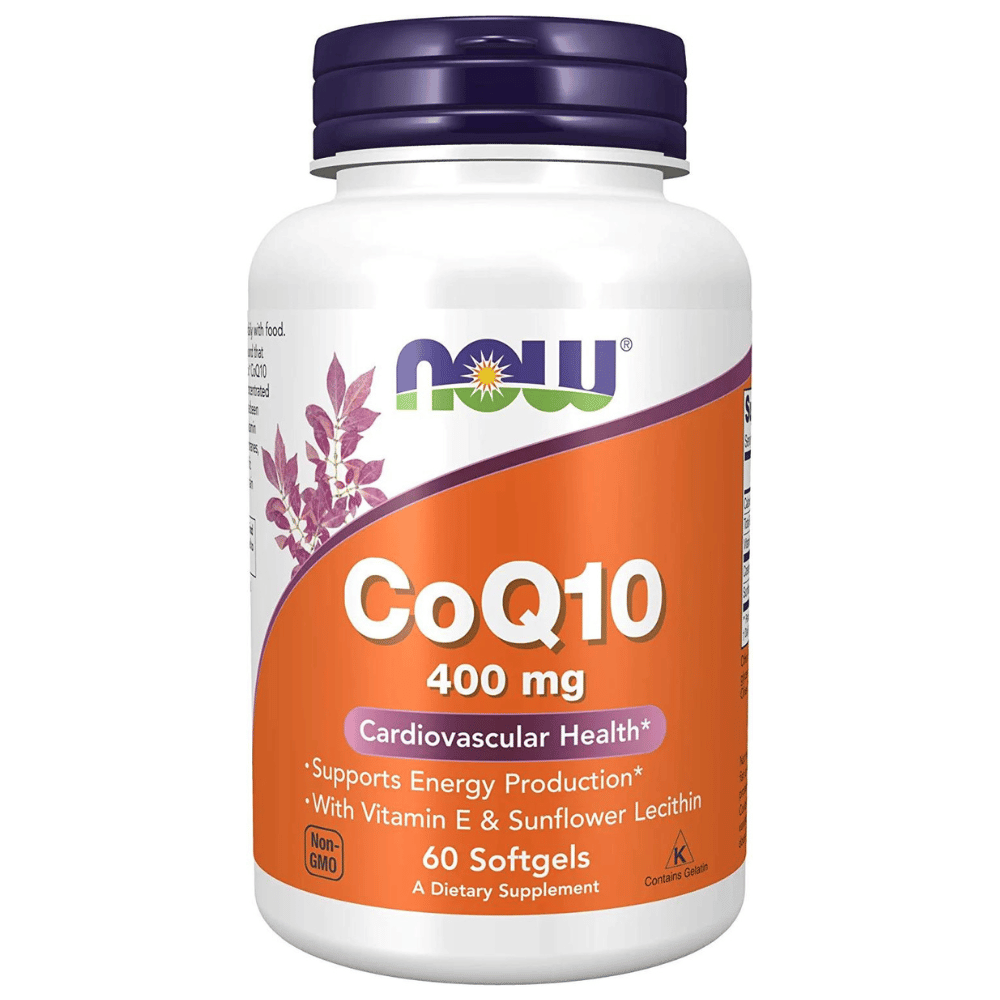
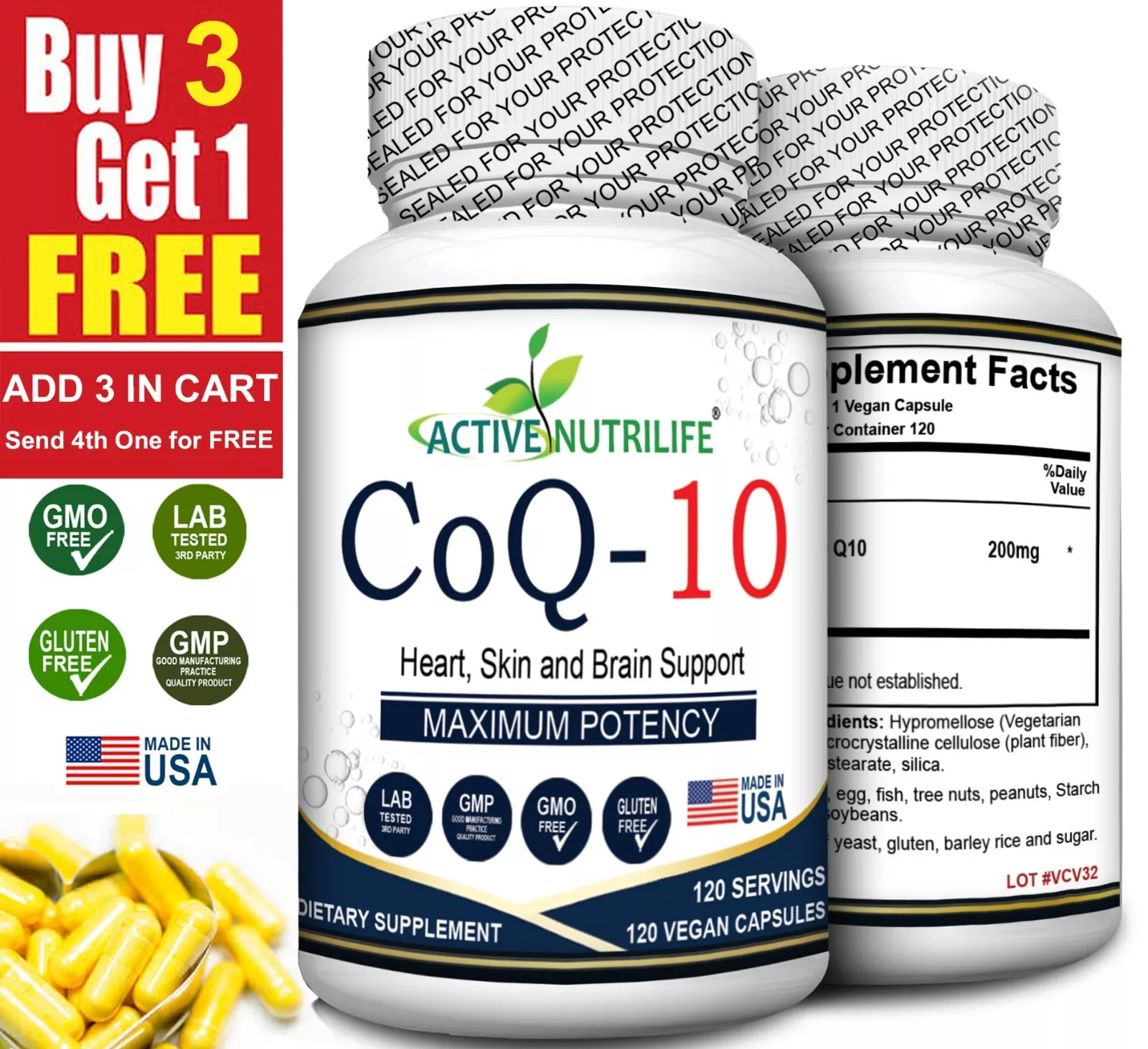
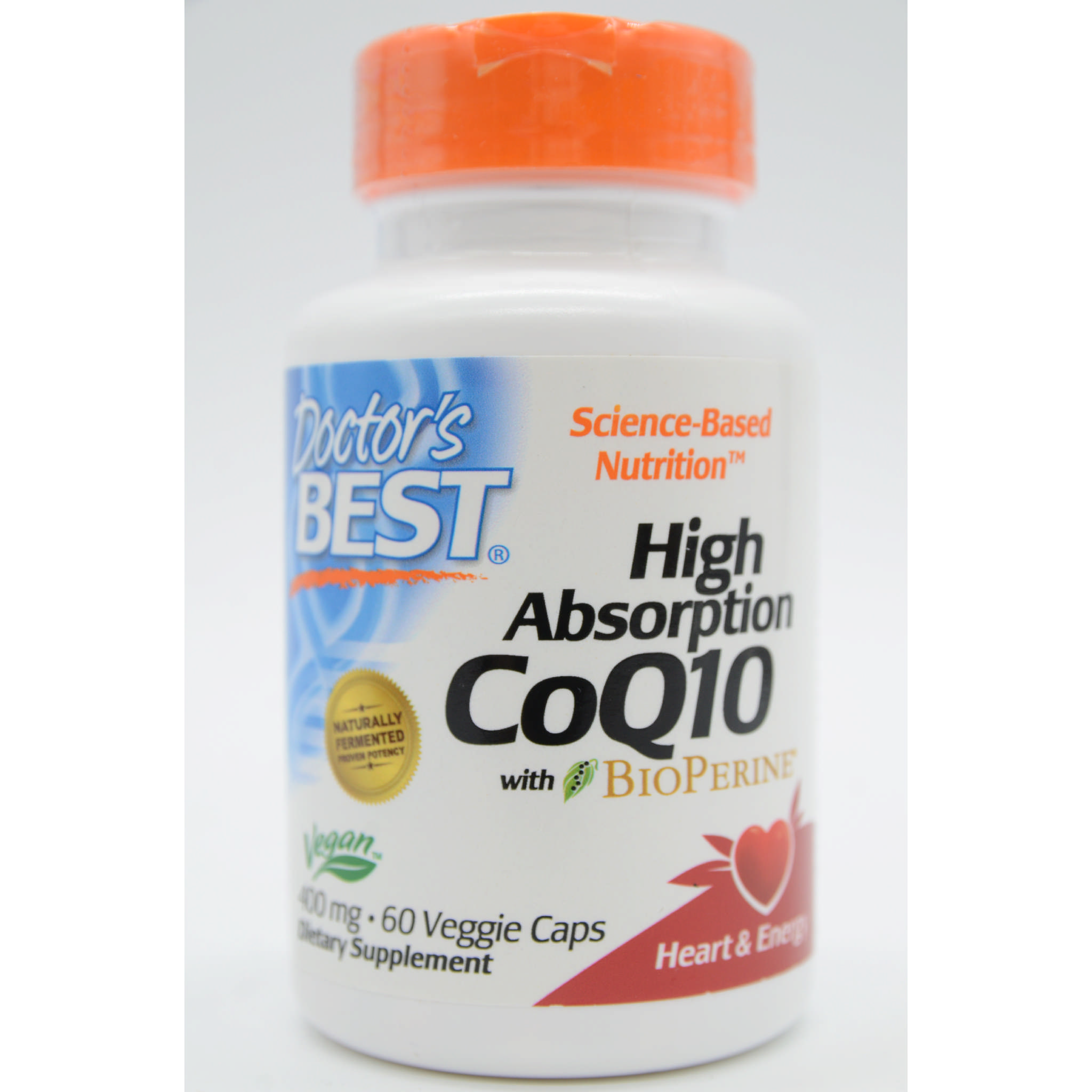
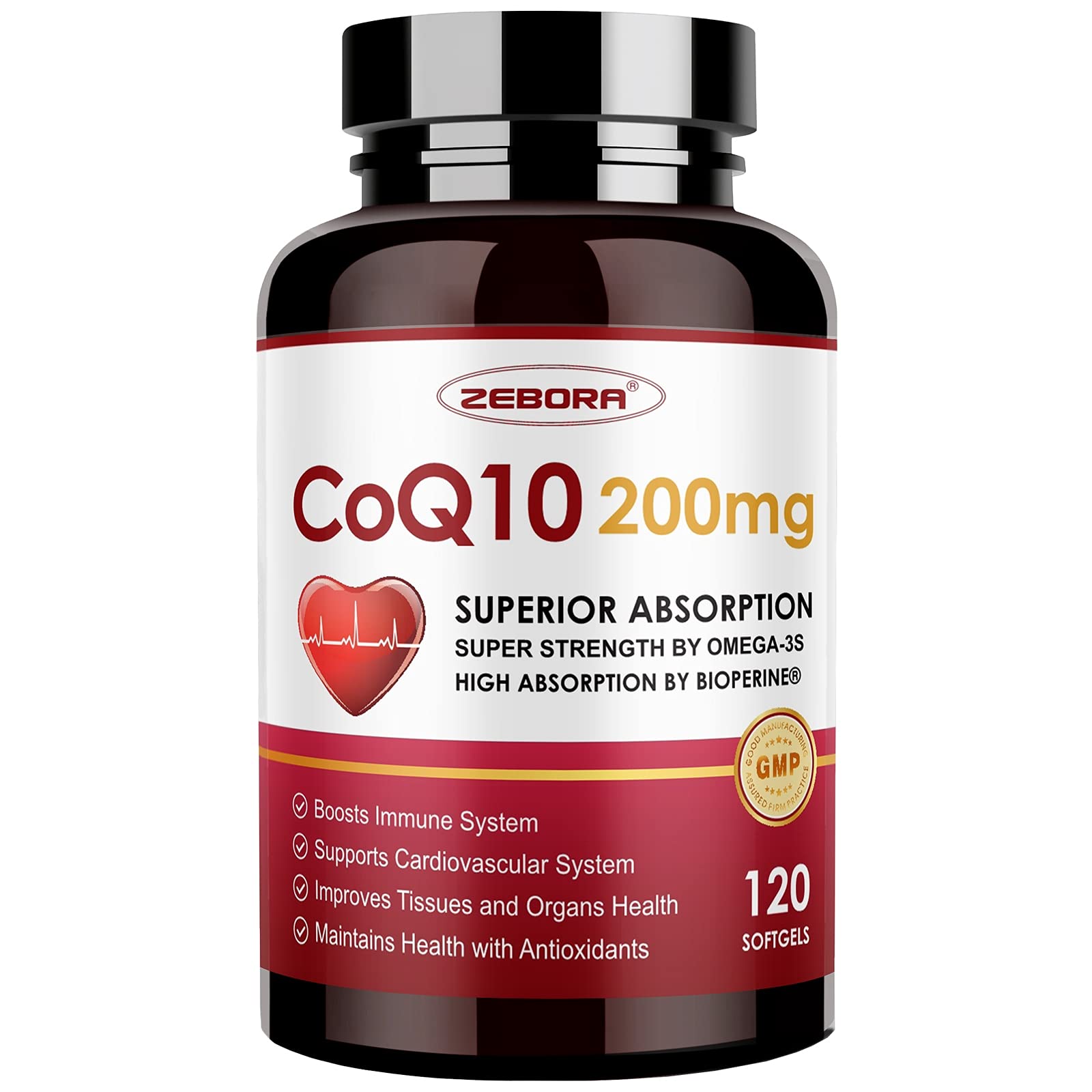

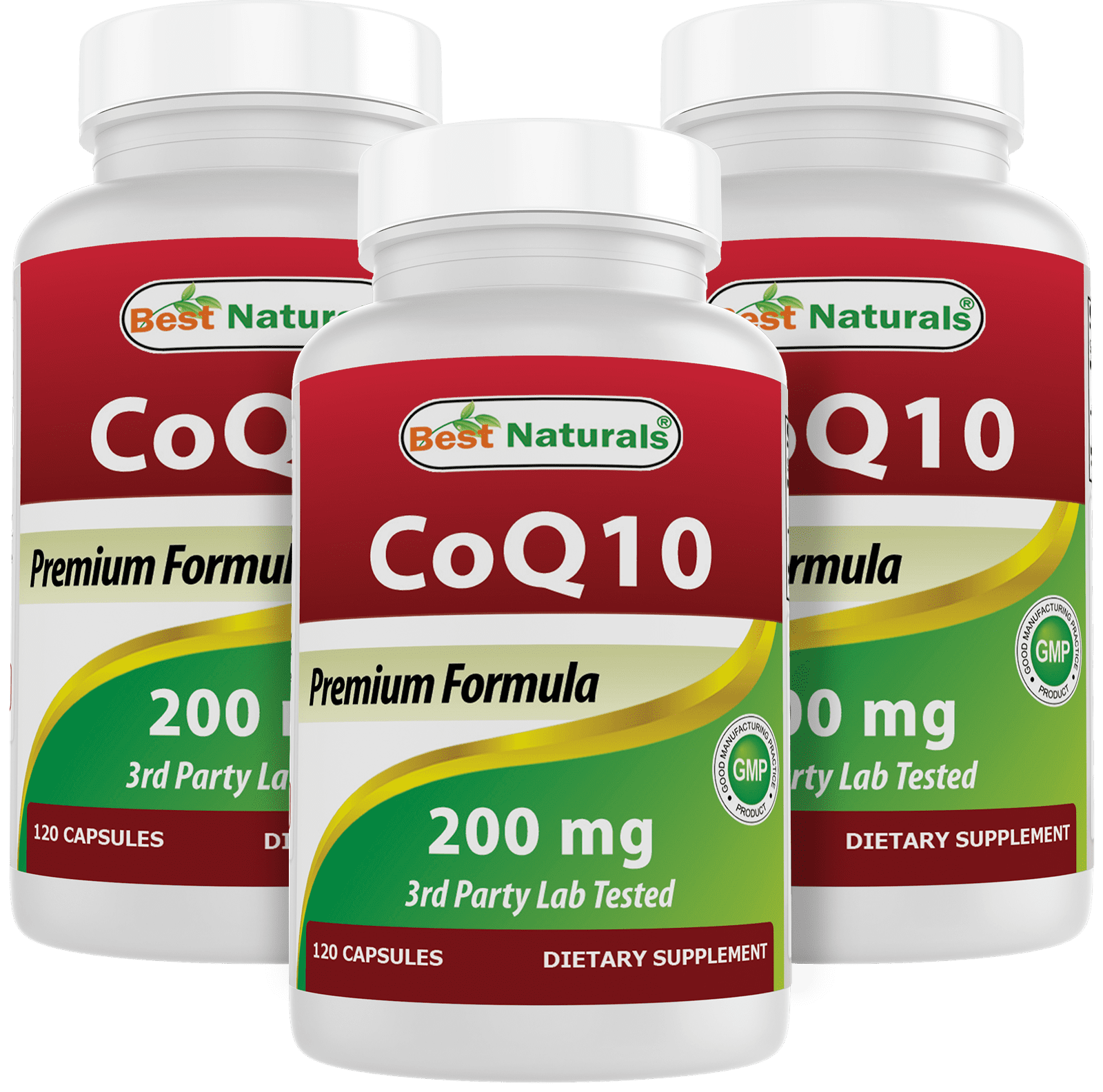

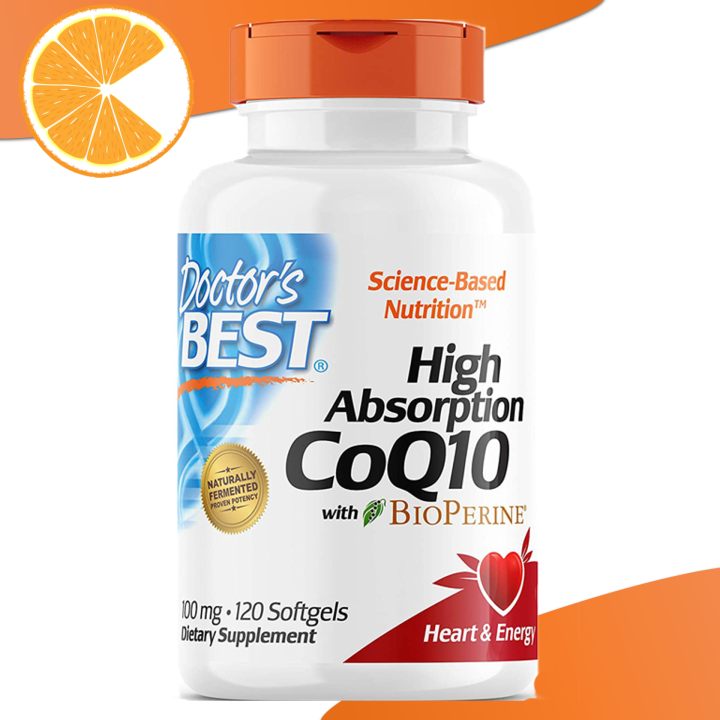

:max_bytes(150000):strip_icc()/Screenshot2024-10-24at2.58.00PM-d4f8f3383c9346b088b912acb87dc69d.jpeg)



:max_bytes(150000):strip_icc()/kirkland-signature-coq10-300mg-becac6ed6fca42a78afd20b58ead6029.jpg)
